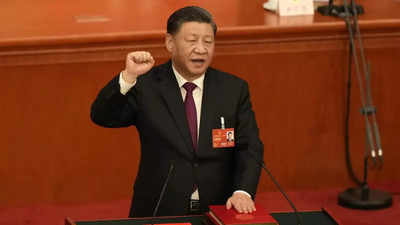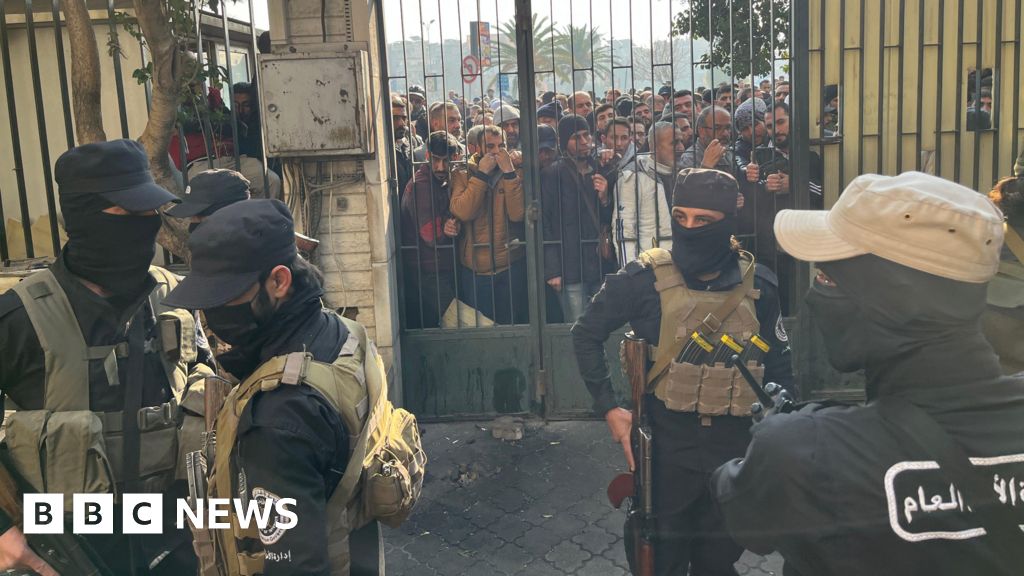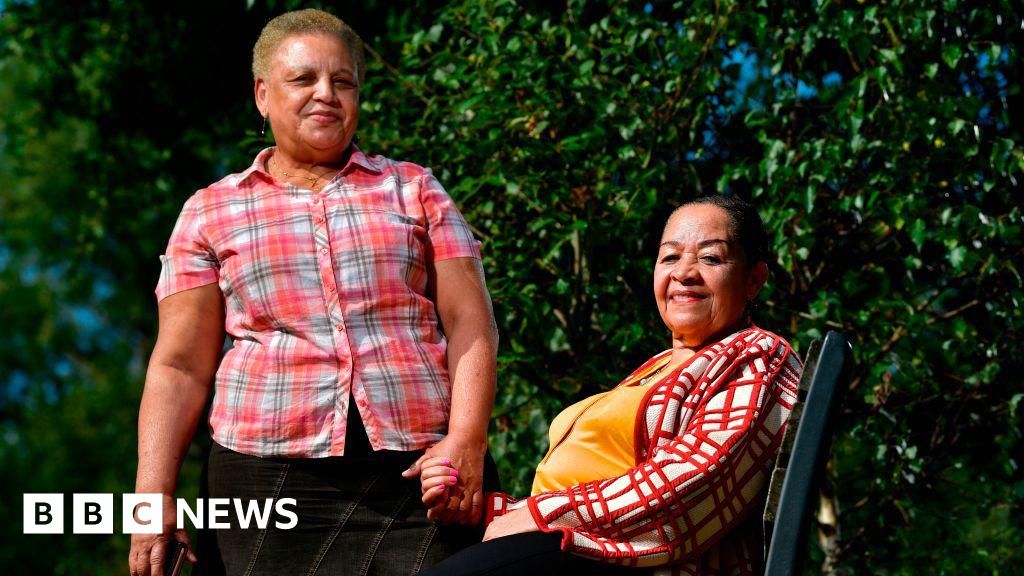
China is set to expand its network of 200 detention facilities, known asliuzhi centres, as President Xi Jinping intensifies his anti-corruption campaign, CNN reported. The move comes amidst China's the growing efforts to root out graft, which have already targeted tens of thousands of officials across the country.
In 2023 alone, more than 26,000 officials were reportedly investigated or punished for corruption-related activities, according to state media. According to a report by Safeguard Defenders, an NGO that monitors human rights in China, these facilities are used to interrogate and detain individuals accused of corruption and other misconduct.
“Most of them would succumb to the pressure and agony. Those who resisted until the end were a tiny minority,” a lawyer who defended a government official a corruption case told CNN.
What are liuzhi detention centres?
The liuzhi centres are a critical tool in Xi’s arsenal, operated by the National Supervision Commission (NSC), a powerful anti-corruption agency established in 2018. Unlike traditional detention facilities, these centres are outside the purview of the judicial system, allowing the NSC to detain suspects for months without formal charges or access to legal representation.
The report claimed that detainees face physical and psychological pressure, often compelled to confess to crimes. “These detention centres function in a legal grey zone, bypassing standard procedures that protect basic human rights,” the group reported.
Despite these criticisms, Chinese authorities argue that the liuzhi centres are vital for cracking down on corruption, which they see as a significant threat to the Communist Party's legitimacy.
Xi’s anti-corruption campaign
Xi Jinping’s anti-corruption campaign began in 2012 when he assumed leadership of the Communist Party. Over the years, it has targeted officials at all levels, from low-ranking bureaucrats to high-profile figures, earning both praise for addressing systemic corruption and criticism for being a political tool to consolidate power.
Critics, however, argue that the anti-corruption drive is selectively enforced, disproportionately targeting Xi’s political rivals while leaving his allies untouched. Safeguard Defenders and other rights groups have called for greater transparency and accountability in how these investigations are conducted.
Xi’s crackdown also sends a strong message to foreign businesses operating in China. In recent years, several foreign executives have been implicated in corruption probes, raising concerns about the business climate.
While the Chinese government portrays the crackdown as a necessary step to clean up the system, its methods have drawn widespread condemnation.

 17 hours ago
1
17 hours ago
1










 English (US) ·
English (US) ·